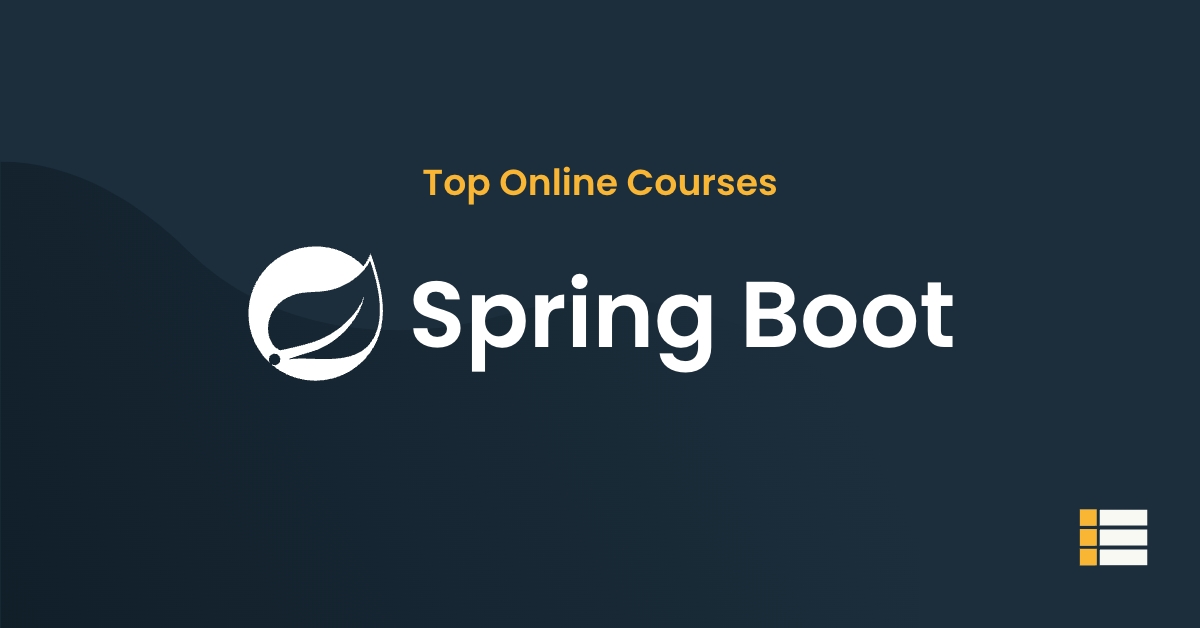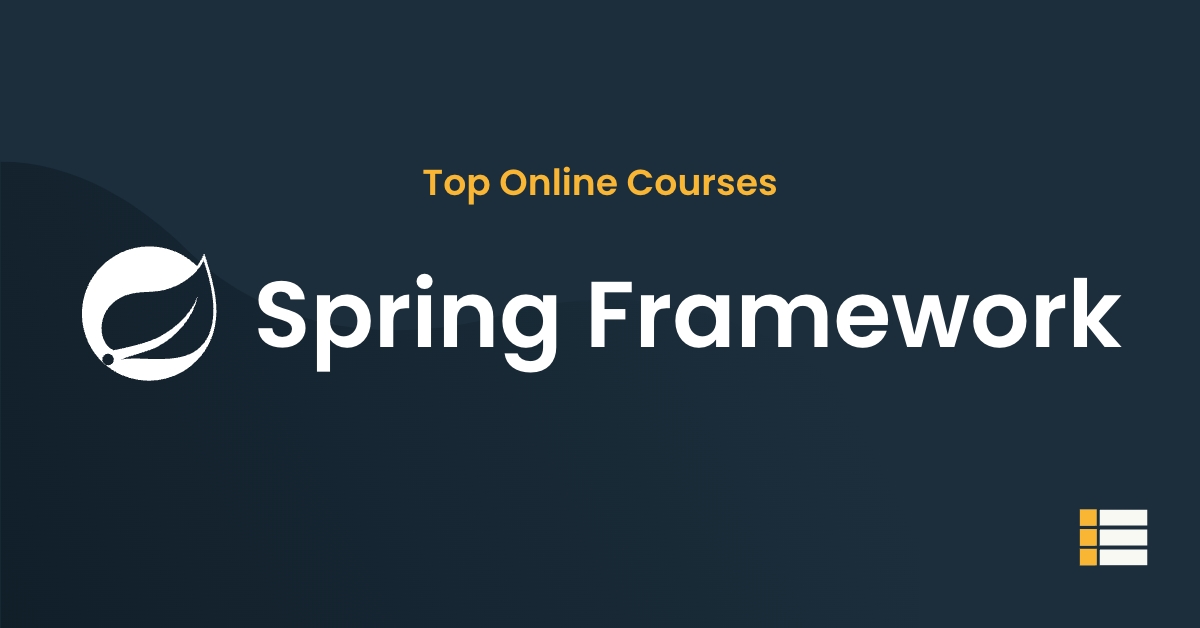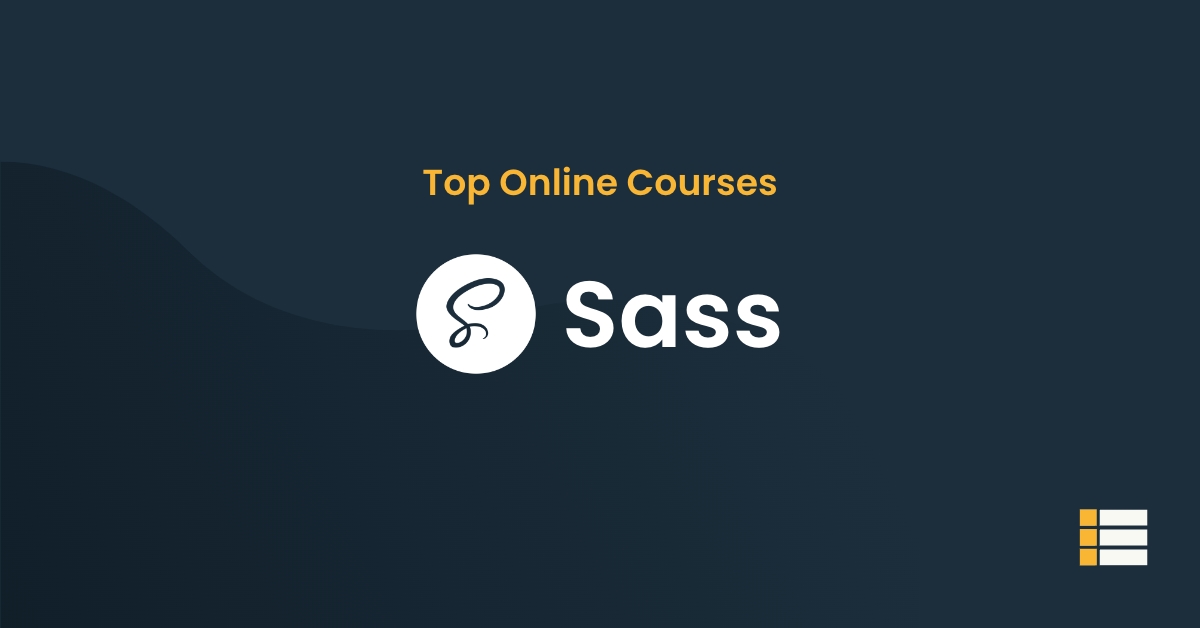There are a lot of reasons to learn React. It’s a popular JavaScript library for building user interfaces and has a lot of potential for future growth.
Plus, it’s a great way to improve your skills as a web developer.
Table of Contents
Learning React Online: A Student’s Guide
What is React?
React is a front-end JavaScript library that was created by Facebook in 2011. It’s used for handling the view layer for web and mobile apps.
React can also be used with other frameworks.
React is a declarative, efficient, and flexible JavaScript library for building user interfaces. It lets you create reusable components so that your code is easy to read and maintain.
When Facebook released React, they included a few features that other front-end frameworks didn’t have at the time.
One of these features is the virtual DOM. The virtual DOM is a JavaScript object that represents the DOM. React uses the virtual DOM to keep track of what changes need to be made to the actual DOM. This makes React apps more responsive and fast.
Another feature that sets React apart is JSX. JSX is a syntax extension of JavaScript that allows you to write HTML-like code inside JavaScript files. This makes your code more readable and easy to write.
React is also component-based. This means that your code is organized into small, reusable pieces. This makes your code more maintainable and easy to scale.
If you’re looking for a front-end framework that is fast, efficient, and easy to use, then React is a good choice.
Who should learn react? (prerequisites)
React is a JavaScript library for building user interfaces. It is Declarative, component-based, and easy to learn.
But who should learn React?
You should have a basic understanding of JavaScript. React is a JavaScript library, so you will need to be familiar with the language to get the most out of it.
See our article about the best Javascript courses to get started if you don’t already have a grasp of Javascript.
If you are already familiar with other JavaScript frameworks such as AngularJS or KnockoutJS, you will find React very different.
It is not a full-fledged framework, but rather a library that you can use to build user interfaces.
The value of React Education in the job market
React has been gaining popularity lately as a front-end web development tool. Because of this, more and more companies are starting to use React in their web applications.
As a result, there is an increasing demand for React developers. Getting some React education will help you in the job market.
Many companies are looking for React developers, so having some React education will make you more attractive to these companies. In addition, React is a tool thdat is constantly changing and evolving.
Keep up to date with the latest evolution with online courses and you will be able to keep up with the latest changes and be able to use React to its full potential.
Frequently Asked Questions
Can I learn React in 2 weeks?
It is possible to learn React in 2 weeks, but it would be a very intensive and challenging process. It is recommended that people who want to learn React have at least a few months to dedicate to learning the framework.
How long does it take to learn React?
React is a JavaScript library for building user interfaces. It is estimated that it would take around two months for a person with a basic understanding of JavaScript to learn React. The time frame could be shorter or longer depending on the person's level of experience with JavaScript and other programming languages.
Is React easy to learn?
React is not easy to learn. It's a JavaScript library, so you need to have a basic understanding of JavaScript in order to use it. Once you understand the basics of React, you can start building simple applications. However, it takes time and practice to become a proficient React developer.
What is React used for?
React is a front-end JavaScript library that is used for building user interfaces and creating single-page applications. It is a declarative, efficient, and flexible JavaScript library that is used by many developers and companies such as Facebook, Instagram, Netflix, and more.
Is React Java or JavaScript?
React is a JavaScript library for building user interfaces. It was created by Facebook and is used by a number of companies including Airbnb, Walmart, and Instagram. React is not Java.
Is React similar to Python?
No, React is not similar to Python. React is a JavaScript library for building user interfaces, while Python is a programming language. React is used for developing website and mobile applications, while Python is used for data science, artificial intelligence, and other scientific and engineering applications.
Why React is so popular?
React is so popular because it makes creating user interfaces simpler and more efficient. When working with React, you only have to update the parts of your application that have changed, which makes your code more maintainable. Additionally, React is fast, scalable, and can be used on the server-side as well as the client-side.
What is the difference between React and React Native?
React is a JavaScript library that lets developers create user interfaces and build components and features for websites and web applications. React Native is a framework that allows developers to create native mobile applications for iOS and Android using JavaScript and React. React Native apps are written using JavaScript and React and are compiled to native code, allowing for the creation of apps with a native look and feel.
Conclusion
Although there are many ways to learn React online, the most effective way is to find a comprehensive course that covers all the basics and then build on that foundation with more specialized tutorials.
Once you have a strong understanding of React, you can then start using it to build amazing user interfaces.
There are many great courses available online, so there is no excuse not to start learning React today!

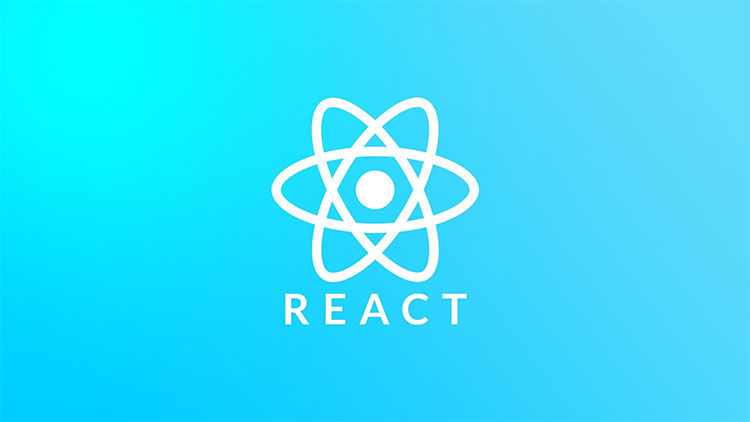
 Online course by
Mosh Hamedani
Online course by
Mosh Hamedani
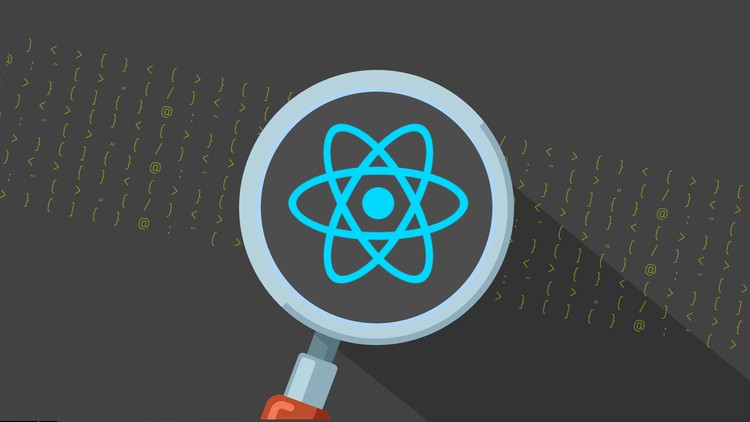
 Online course by
Academind by Maximilian Schwarzmüller
Online course by
Academind by Maximilian Schwarzmüller
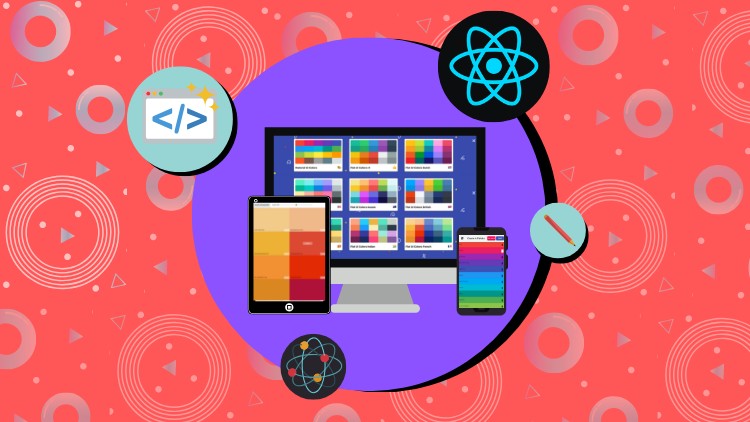
 Online course by
Colt Steele
Online course by
Colt Steele
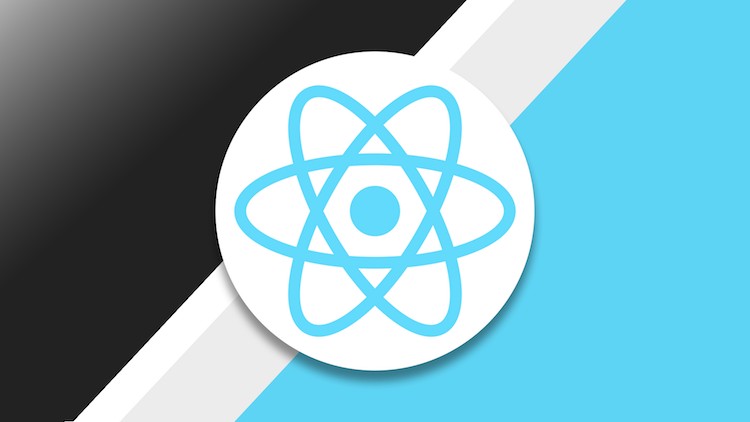
 Online course by
John Smilga
Online course by
John Smilga
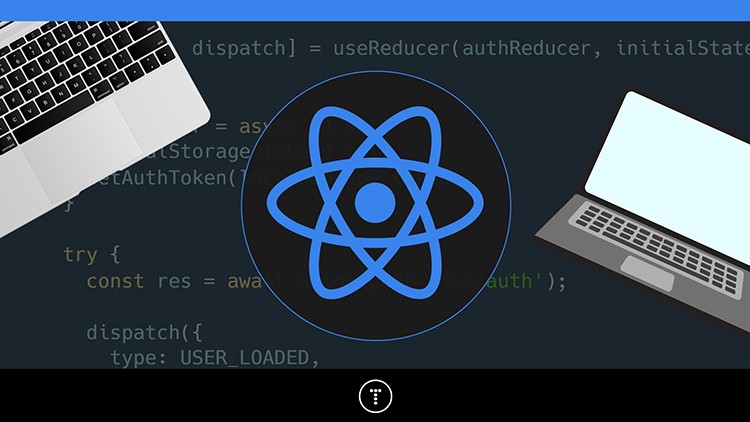
 Online course by
Brad Traversy
Online course by
Brad Traversy
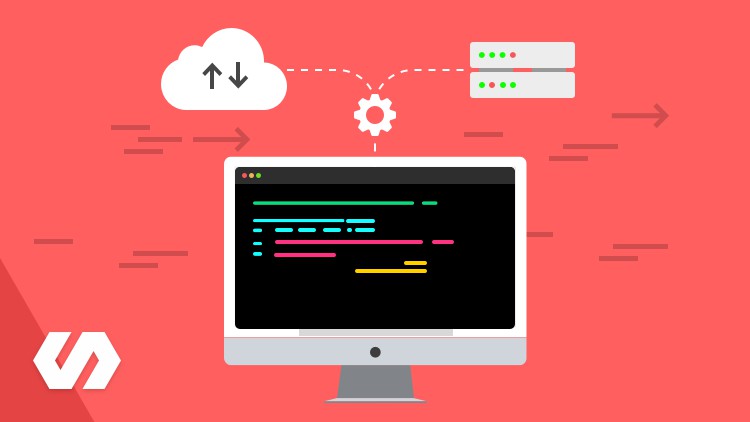
 Online course by
Stephen Grider
Online course by
Stephen Grider
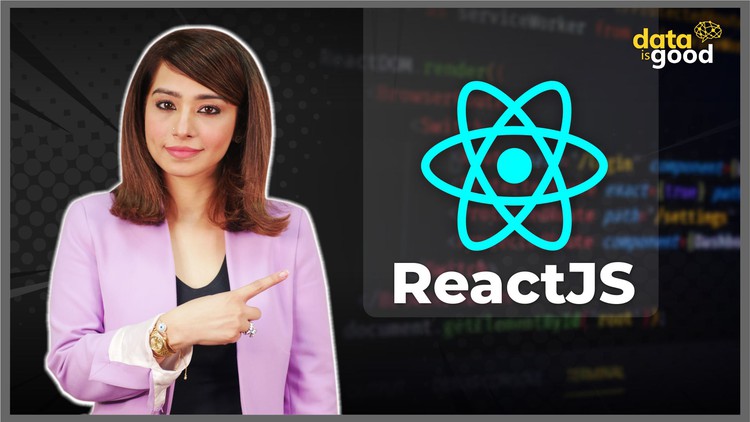
 Online course by
Data Is Good Academy
Online course by
Data Is Good Academy
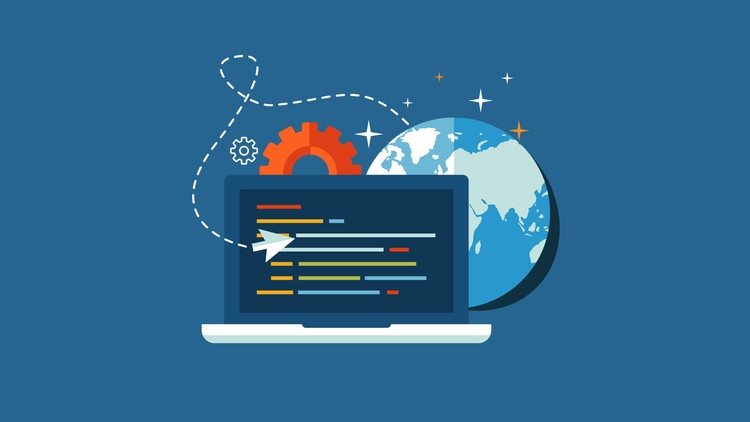
 Online course by
Stephen Grider
Online course by
Stephen Grider

 Online course by
Bonnie Schulkin
Online course by
Bonnie Schulkin
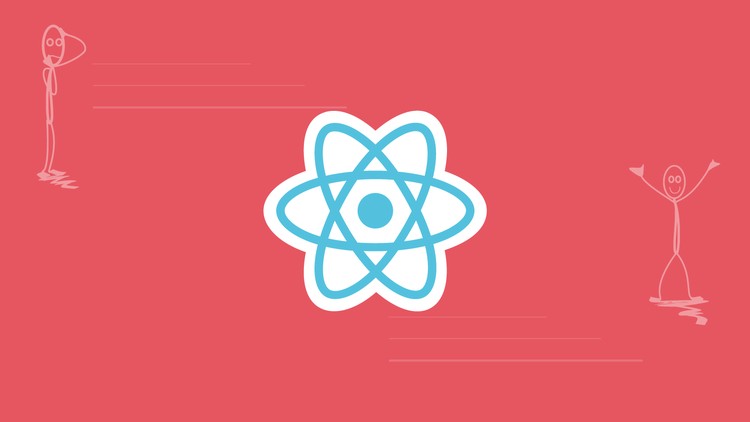
 Online course by
Ohans Emmanuel
Online course by
Ohans Emmanuel
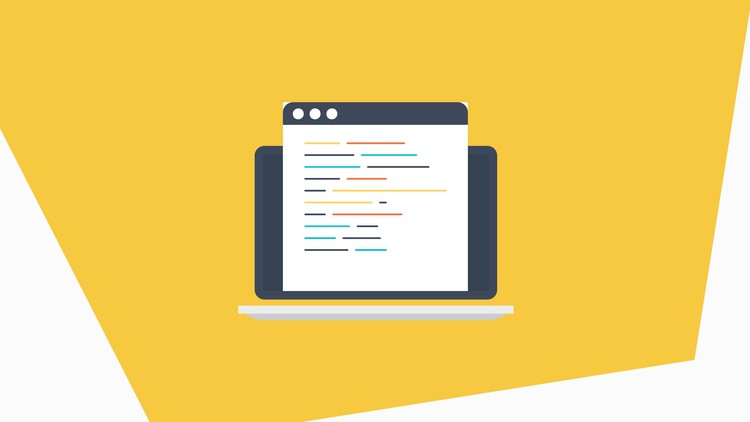
 Online course by
Edvinas Daugirdas
Online course by
Edvinas Daugirdas

 Online course by
Dina Esmaeili
Online course by
Dina Esmaeili

